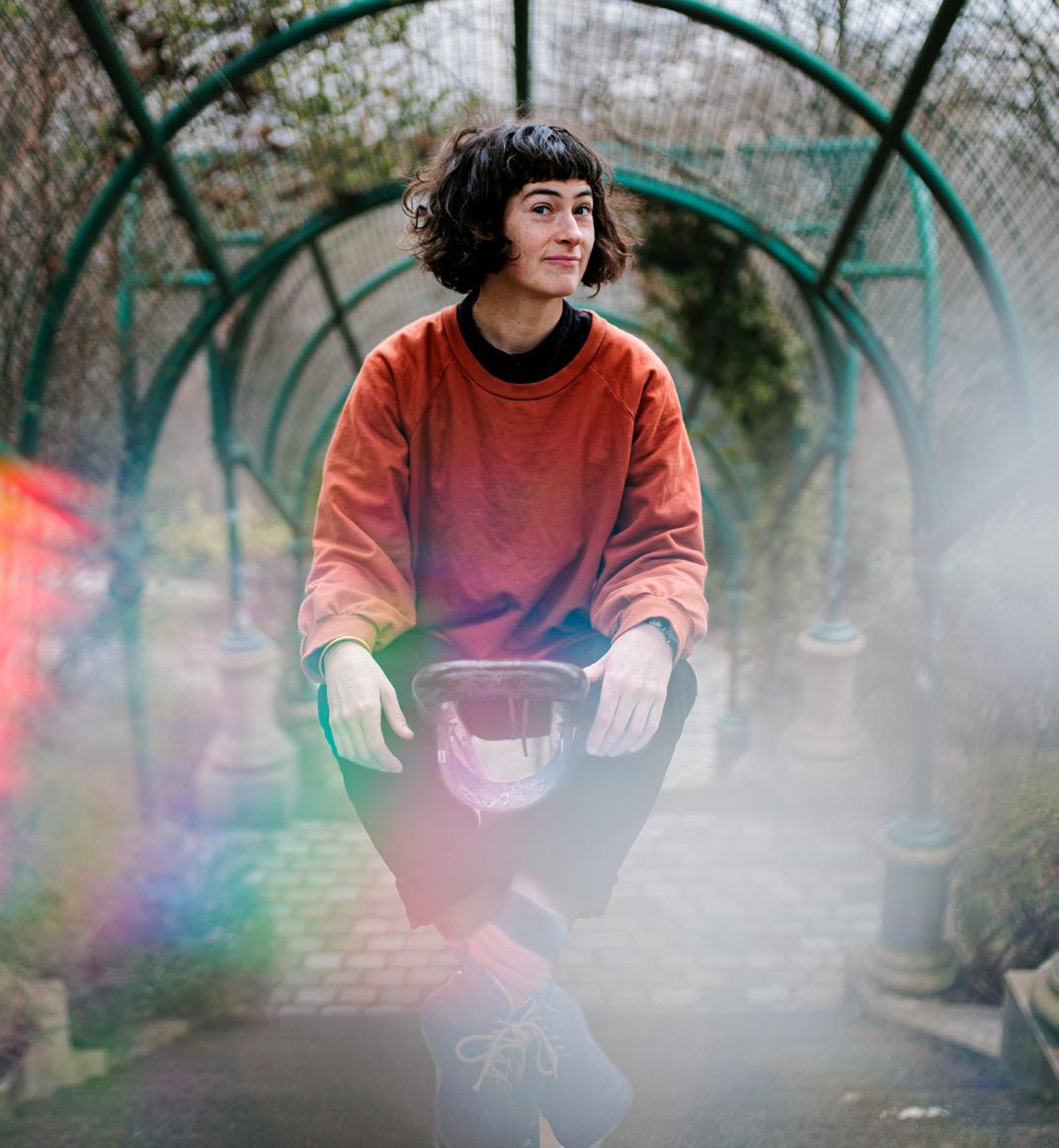Final Third
In Conversation: ANOHNI
In 2016 ANOHNI released Hopelessness, an album fundamentally about the climate crisis and the destruction of Earth. Seven years on, Greg Cochrane meets the New York-based artist to tell her how much their previous meeting affected his life, and to ask if anything has changed, beyond her transformation into a soul musician on new album My Back Was A Bridge For You To Cross
There’s a book by Naomi Klein called This Changes Everything (2014). It’s about how when you immerse yourself in the history, injustice and the frankly terrifying absoluteness of the climate crisis – our own extinction event – it changes everything. You can’t go back. Can’t unlearn the unfolding reality. People often talk about having a personal This Changes Everything moment. Mine came in 2016. Stuart (Loud And Quiet editor) invited me to interview ANOHNI, formerly Antony and the Johnsons, because I love her music, particularly her bombastic reinvention on Hopelessness, an album that featured collaborative input from producers Oneohtrix Point Never and Hudson Mohawke. Some of it was obviously about climate change (‘4 Degrees’, ‘Why Did You Separate Me From The Earth’) but it was also a collection about war, repression and surveillance. I met ANOHNI in what she wryly described as the “sandwich room” of a high end central London hotel. I vividly recall walking back into the Loud And Quiet office later that day. “How was the interview?” said Stuart. I inhaled deeply, puffed air through my cheeks, raised my eyebrows and slowly nodded. “It was… a lot.” Had I been conversing, or hit by an ideological juggernaut? To me, the conversation, majoring on the theme of climate, was an earthquake, the tremors of which I still feel now. I mean, sure, I knew about global heating, I knew we were driving some animals and possibly ourselves to extinction, but we’ve got decades to get on top of this, right? Wrong. So wrong. Less of a conversation, more of a personal reckoning. I felt naivety, guilt, dismay. Then positively fired up. In the days and months after our meeting, my stomach remained twisted and my brain kept circling: if everything is at stake, why doesn’t every-
74
one know about this? Why isn’t it headline news? Or even news at all? I talked to friends. I talked to family. I even called up climate scientists and psychology experts to find out. I started talking a lot more to musicians about climate. It turns out a lot of them were feeling the increasing urgency of this, but didn’t know how and where to surface those thoughts. People just like me, going through some kind of dawning, confronted with a million questions and scrabbling to find some agency. Seven years later I’m looking back on all that’s changed. I started a venture that’s about exploring and working with people and voices in the fields of climate and culture. I started a podcast called Sounds Like A Plan (now three series in) about how the music community is responding to the climate crisis. I wrote for NME, Kerrang!, Alt Press, The Guardian and my beloved Loud And Quiet about the environment and music. I’ve interviewed Radiohead, Aurora and Brian Eno on the subject. Given lectures to journalists from countries around the world. Travelled to COP26 in Glasgow with my one-year-old son, and watched Greta Thunberg speak in an enraptured crowd. This all came from Hopelessness, and a life-altering encounter. So as ANOHNI prepares to release another extraordinary album – her most accessible yet, rooted in soul music, called My Back Was A Bridge For You To Cross – we got to meet again. GC:
A:
Hi ANOHNI. The last time we met was momentous for me [outlines all the reasons above]. I want to pass on my gratitude for that. That sounds wonderful. I can’t believe that it would be me, but I’m glad if I was in any way catalytic. What have
photography by anohni with nomi ruiz



































